It’s a Thinker: Review of “My Dinner With Andre”
May 31, 2022
It was in the summer of 2020 that I first watched the 1981 film, My Dinner With Andre, which I had not seen since before today. I remember few distinct things from that watch; I kept some broad ideas about habit, extravagance, monotony and, obviously, the story Andre told about his simulated experience of being buried alive. Besides that, nothing. When a friend of mine asked what films I would take to a desert island, I was, naturally, surprised that the only one I could be sure of was My Dinner With Andre.
Weeks passed, and I was still thinking about that choice. The truth of it was that I had mostly fallen out of love with “the movies.” I hadn’t wanted to, it just sort of happened. Time and again, I was underwhelmed by movies that earlier in my life I would have been enamoured with. The only lingering feeling I had after watching most “great films” was a mildly irritating eye strain. But it had to have meant something to choose My Dinner; there had to be some quality that separated it, that made it the movie I would take to a desert island, right? It was that curiosity, coupled with guilt for having referenced a film that I could hardly remember, that made me decide to give My Dinner a second watch.
My Dinner is a film about many things: fear, boredom, Fascism, self-hatred, emotional detachment, money, and talking to insects. But it’s also about just one thing: two middle aged men having a conversation over dinner. The film’s seemingly mundane premise is the most infamous thing about it – the nugget that has made it ripe for Simpsons sight gags and a Community homage. It sounds boring, but, worse yet, snotty to boot – as if by disliking it you prove that you are a member of the unwashed masses. Those are all reasonable apprehensions, but ones that I hope to dissuade you from.
My Dinner, as I’m sure by now is clear, is not a normal movie. A film’s excellence is typically measured by the presence of clear, visual storytelling. Film, after all, is a visual medium. Louis Malle’s approach as the director, by contrast, was to be as unobtrusive as possible. Visually, the film is exceptionally subdued, with most shots either serving as wides or functioning as variations on the same shot reverse-shot structure – many of those being long takes without any punctuation or cuts. Emotion and emphasis is conveyed through slow zooms into closeups, which wouldn’t resonate without the superb performances given by Andre Gregory and Wallace Shawn.
The film distinguishes itself here too, in that both lead actors are playing versions of themselves as characters (to reduce confusion, the characters are addressed as Wally and Andre, and Shawn and Gregory as actors). The stories they tell are true, but the characters telling them hold different perspectives and world views from their real-life actor counterparts. However, their performances are so nuanced that you could forget that they were characters at all.
Nuance is the perfect word for My Dinner. Even as we are told of Andre’s impressive world travels, we know that the man is deeply troubled. As his stories go on, we hear about his hallucinations, we begin to notice his references to Nazism, and we see more of his cynicism and his self-loathing. Wally, too, begins to reveal more of his flaws. We, as the audience, get the sense that we’re watching not the wise musings of philosophers, but that we are at a dinner table with two discontented upper class men who are trying to grasp who they are. To explore these two characters is to plunge into the film’s dizzying battle of ideas – between western science and spiritualism, between collectivism and individual truth, and between conscious and unconscious.
There are no answers to these debates, there is no profound realization or all-encompassing insight into Shawn and Gregory’s plight. Gregory just stops talking, the two look around the bourgeois restaurant, now empty, and the two part. Wally hails a cab, and we see the Upper West Side streets through the cab’s window – raindrops scattered across it – as Erik Satie’s First Gymnopedie plays the film to a close.
Though My Dinner shares some resemblence to the modern podcast, the comparison proves bunk. The two may share the same setup, but podcasts are journalism, more akin to something like an essay than a film like My Dinner. My Dinner is as spare and realistic a film as there could be, but it remains art. Though Wally and Andre are talking, it isn’t to the audience, it isn’t to convince them to take up their viewpoints. To give the audience a world view to sink into, to construct outlines for the audience to worship and despise, is to run against Gregory and Shawn’s vision for the film. In the introduction to the film’s released screenplay, Gregory emphasizes the importance of questions and calls the film “a work made up entirely of questions.” My Dinner is a work that challenges in its every aspect, an absurd film that is equal parts funny and unsettling, a film that is warming, but exudes guilt with such warmth, as if the warmth is coming from the strewn-out carcass of a homeless man engulfed in flames.
Such a discomfort is where we meet the film’s most persistent debate: the dangers and necessity of comfort and habit. From procrastination, to thoughtless jokes, to unfulfilled promises, I recognize this struggle between the intentional and the unintentional life all too well. There isn’t a central theme to My Dinner With Andre, but there is an overwhelming message: think; question. Even if there seems no time, there really isn’t time for anything else.


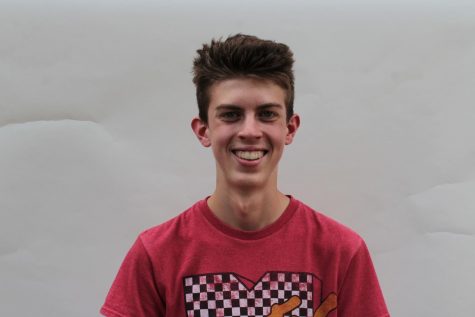
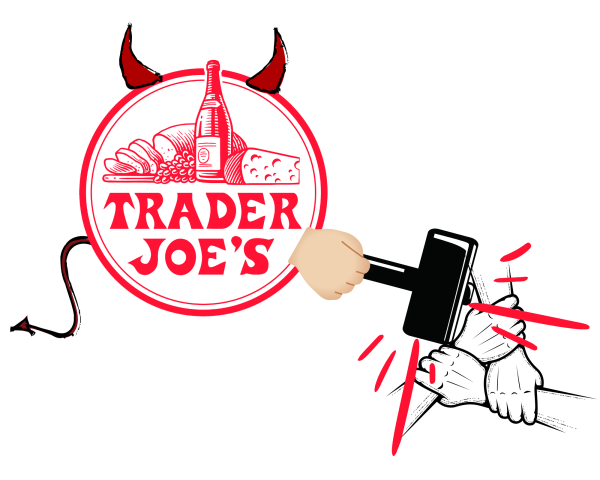

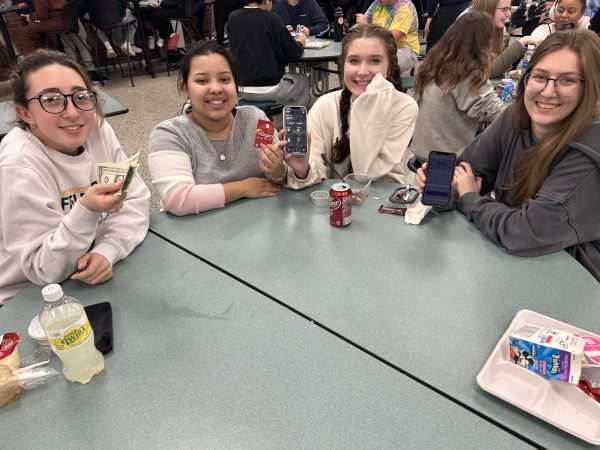
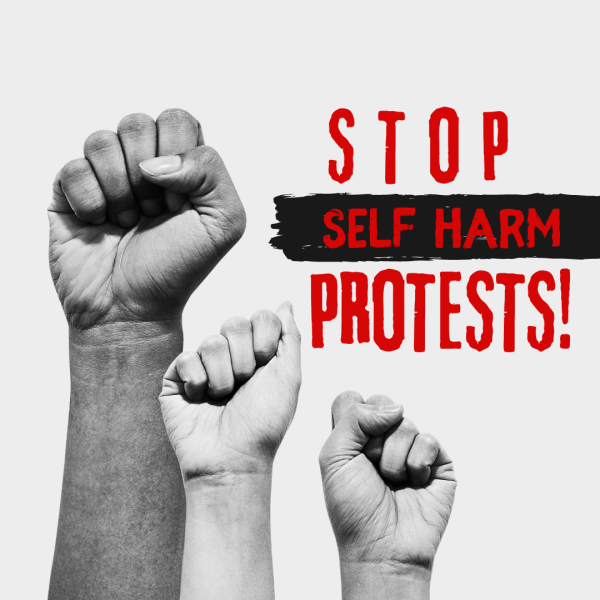
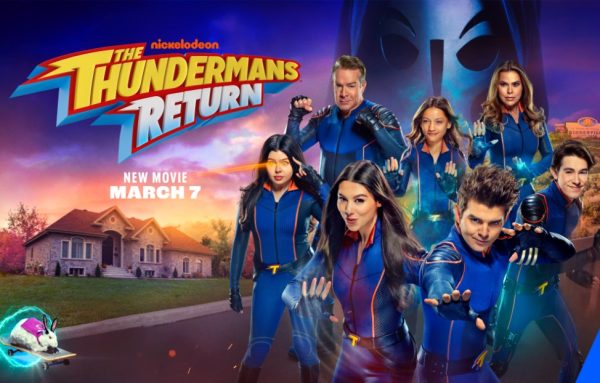
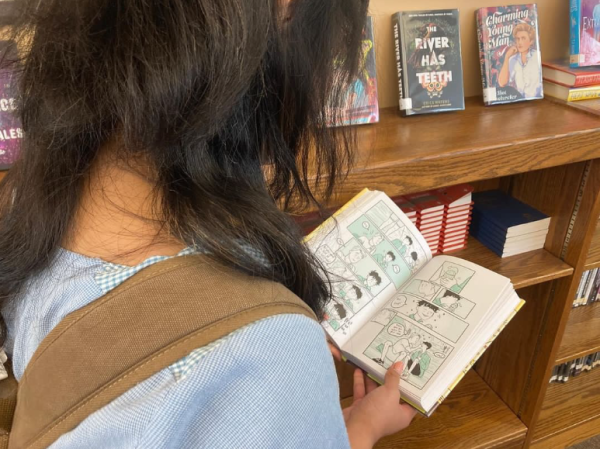
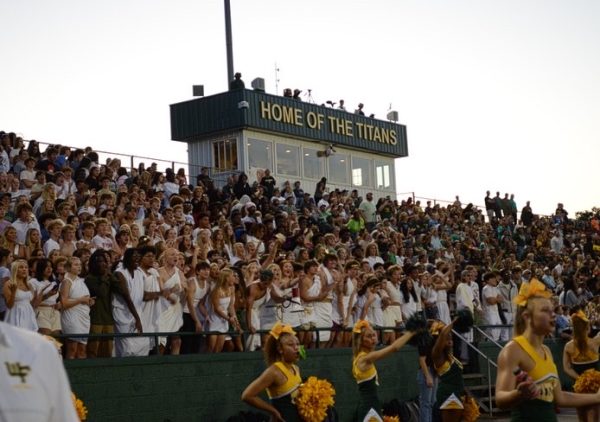


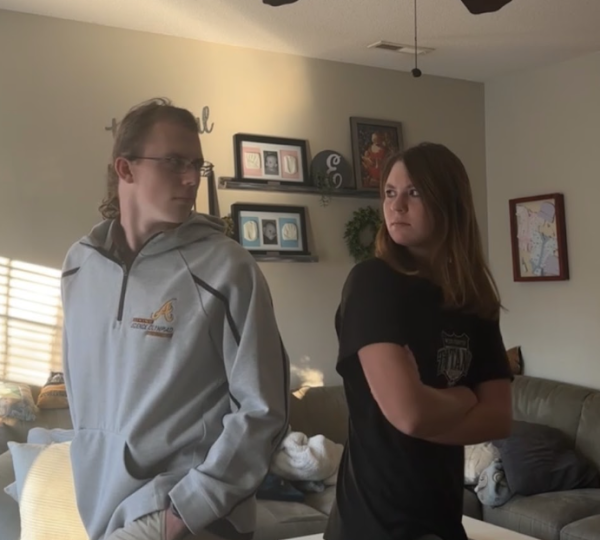

Sae Go • Nov 23, 2023 at 8:50 am
Thank you. Fully agree. It is the closest any movie has come to pointing in the direction of our lived truth. Joseph Campbell called it the “experience of being alive.”
Fiorella Cutrufello • Nov 9, 2023 at 5:52 pm
First saw it in 1981 and stayed in my seat to see it again because I just couldn’t move! I was 40 years old. It revolutionized my life.